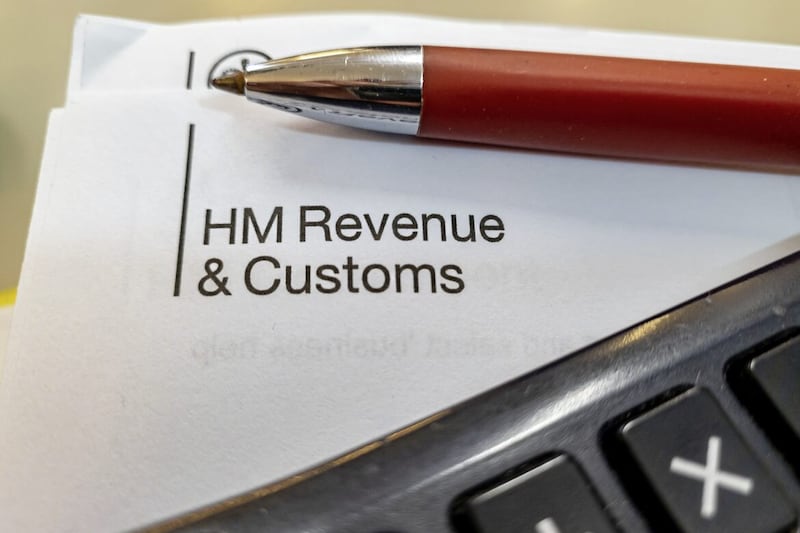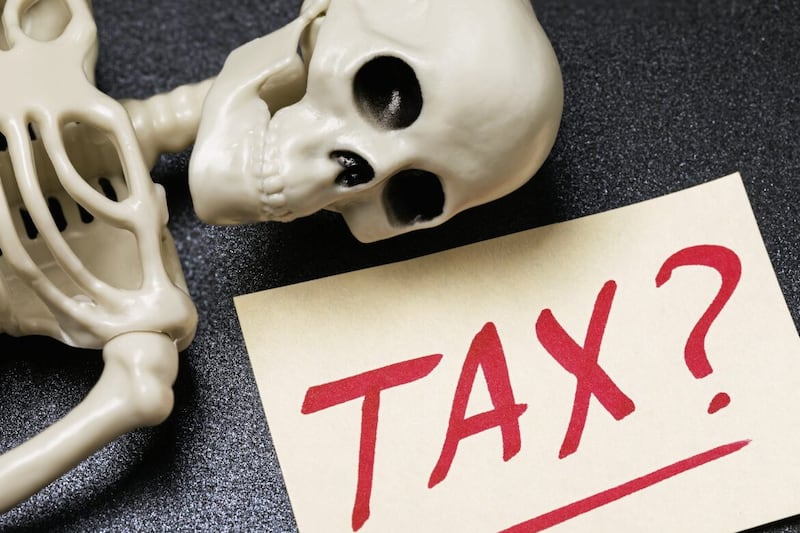QUESTION: I have received a strange letter from HMRC referring to 'persons of significant control' and asking various questions about my 2021/22 tax return. Is this a tax investigation notice?
ANSWER: This letter is referred to as a ‘nudge’ letter. It is not notice of a tax investigation and it has been issued because HMRC has identified you as a 'person of significant control' (PSC), who has either not completed a tax return, or who has completed a tax return in 2021/22, but whose income is less that they would expect from someone holding a PSC position within a company.
HMRC started to use the internet in 2011 to cross check various databases against its database of taxpayers.
For example, if you sold commercial property on 1 June 2021 for £500k, the buyer will have submitted a stamp duty return before the end of July 2021 and have paid the stamp duty.
This return will detail the seller. If you do not return a capital disposal in your 2021/22 tax return by 31 January 2023 then expect a tax enquiry because the HMRC computer now cross matches stamp duty returns with corporate and personal tax returns.
Similarly, if you file company accounts with a turnover of £300k but are not VAT registered (because your business activity is VAT exempt – e.g., healthcare) then you may also receive a letter inquiring why the company is not VAT registered.
There are flaws in this cross checking and this VAT example highlights an instance where HMRC are using a blunt instrument in the search for non-conformity with the tax system.
The 'nudge' process was extended into the company registry database in November 2022 when HMRC sent one of two ‘nudge’ letters to over 2,000 persons of significant control or PSC’s.
A PSC is an individual who:
• Holds (directly or indirectly) more than 25 per cent of the shares or voting rights in a company; or
• has the right to appoint or remove most of the directors of a company; or
• has significant influence or control over the company.
The nudge letters have been issued to PSC’s who either have not submitted a self-assessment tax return or who have submitted a return however returned income under £100,000 in the return.
The arbitrary selection of a £100k income number is unexplained however it is believed that HMRC has sent the letters to PSC’s who have returned income at a level lower that is expected given their PSC status.
Ironically many owner managed companies typically keep director’s remuneration below £100k to avoid the loss of their personal allowance when income exceeds £100k a point which has probably not been considered by HMRC in their project.
The nudge letter asks the taxpayer to check their 2021/22 tax return for any benefits or gains which should have been declared and lists examples such as the disposal of assets or shares.
If a correction to the tax return is required, HMRC are asking for correction by 18 August 2023, however strictly you have until 31 January 2024 to amend your 2021/22 tax return.
In typical ‘nudge’ fashion the letter does not accuse the taxpayer of having done anything wrong however an ominous paragraph states.
“We may find errors that you should have corrected after receiving this letter but did not. If so, we may open a compliance check and investigate. This may mean that you have more tax to pay. We may also charge you a penalty.”
PSC’s who have not filed a 21/22 tax return will receive this letter and are recommended to use the self-assessment tool on the gov.uk website to help them decide if they need to register for self-assessment and submit a return for 2021/22.
Historically all company directors had to submit SA tax returns, even if they only earned a small amount of income. Now however a taxpayer is asked to complete a return if their dividend income is more than £10,000. For this category of nudge letter recipients, HMRC urges the PSC to register for self-assessment and file a return.
If you use an accountant to file your return you should send them the letter for their comment.
Paddy Harty (p.harty@fpmaab.com) is private client partner at FPM Accountants Ltd (www.fpmaab.com). The advice in this column is specific to the facts surrounding the question posed. Neither the Irish News nor the contributors accept any liability for any direct or indirect loss arising from any reliance placed on replies






